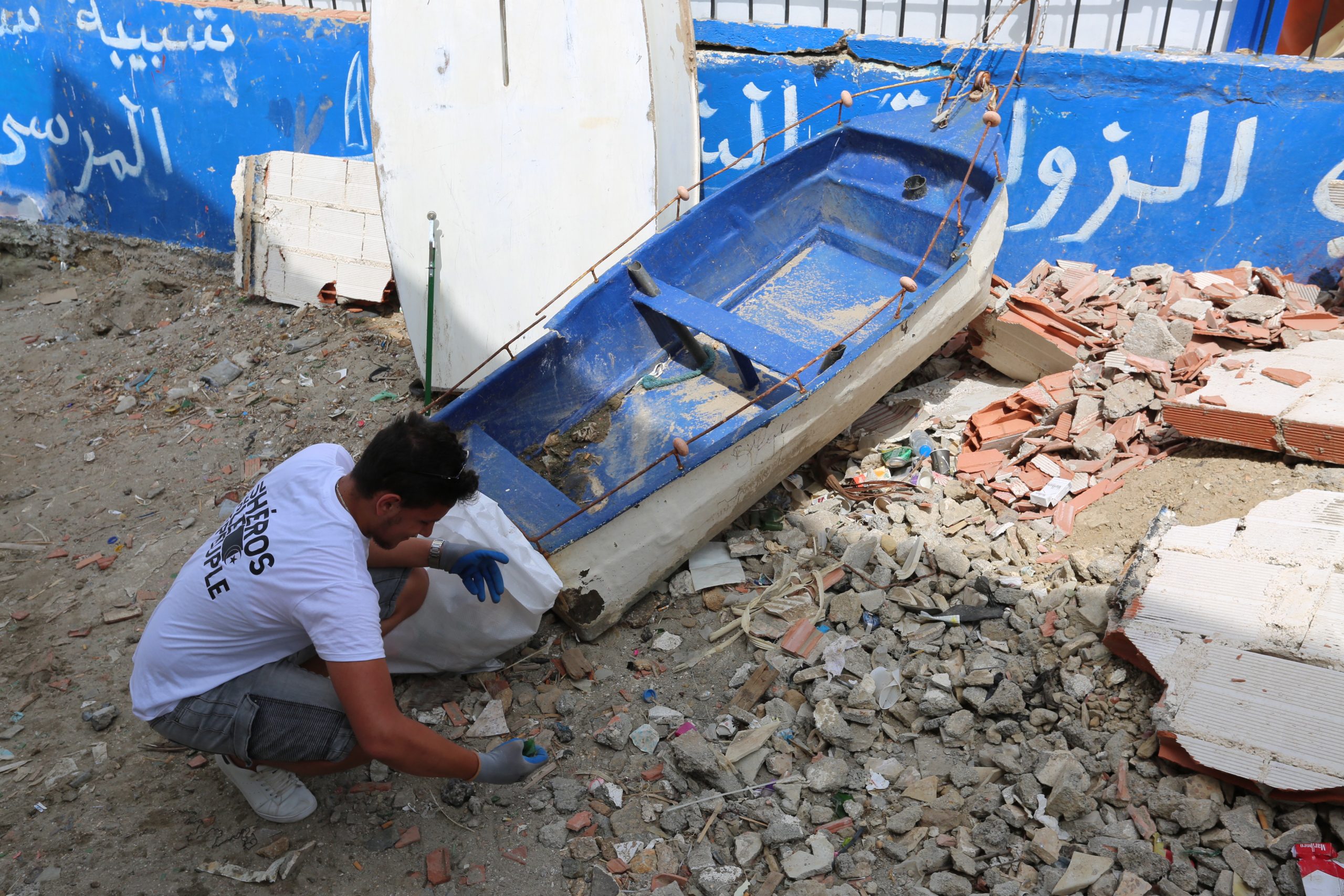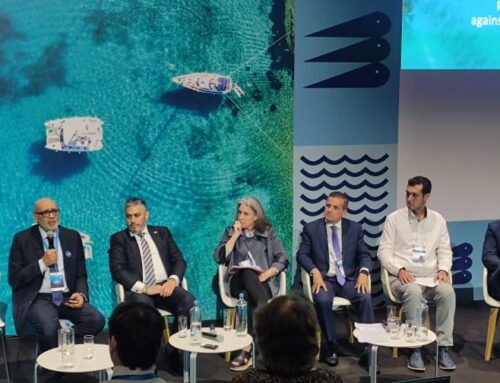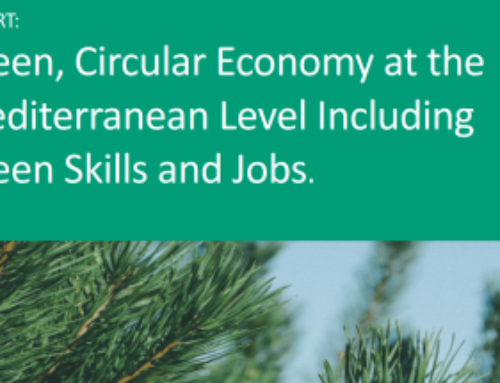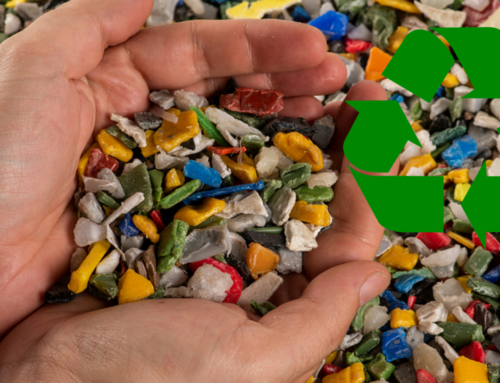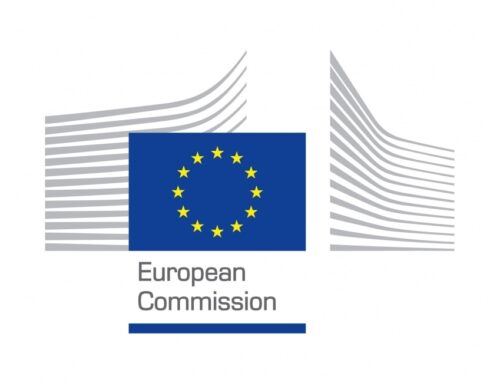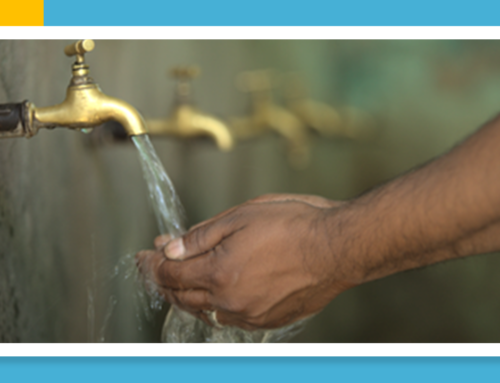The Mediterranean is a pollution hotspot when it concerns marine litter, in particular plastics and single-use plastics. Through the Regional Plan on Marine Litter Management in the Mediterranean which was adopted by the Contracting Parties to the Barcelona Convention, Algeria is also addressing this growing problem. Under this plan, countries in the Mediterranean are asked to include measures to address marine litter in their National Action Plans. In this framework, Algeria already implemented several pilot actions and activities in ports and pilot zones.
The EU funded Water and Environment Support project (WES) started its latest activity in Algeria which will focus on monitoring actions and on measures to address the problem. Through comprehensive monitoring Alegria will be able take informed decisions and identify priority measures to effectively address the problem of marine litter.
WES will implement this activity together with the Algerian Ministry of Environment and the Conservatoire National des Formations à l’Environnement (CNFE). Madam Malika Bouali, Director General of CNFE and Focal Point of WES, mentioned during the Kick-off meeting that the Algerian marine environmental status requires a strong commitment to address marine pollution. “In Algeria there is a great need to adopt new governance measures for the coastal area which is under high pressure. Algeria wants to respect its commitment to the Barcelona Convention and in this view the Ministry of Environment already launched a number of actions, including awareness raising activities, to fight marine litter and single-use plastics. We hope that WES can assist us to further build capacity of the various stakeholders to support the environmental policies that target the elimination of marine litter and protect the coastal areas.”
WES Expert Thomais Vlachogianni from the WES consortium partner MIO-ECSDE, who is leading this activity together with Algerian expert Salim Bouchentouf, emphasised that this activity will support Algeria to achieve the commitments laid down in the Regional Plan on Marine Litter Management in the Mediterranean and the Integrated Monitoring and Assessment Programme of the Barcelona Convention. It will generate fit-for-purpose data on the amounts, types, composition and sources of marine litter on the sea surface and sea floor. These data will then be used to identify and prioritize mitigation measures to be included in the Algerian management plan for reducing marine litter.

